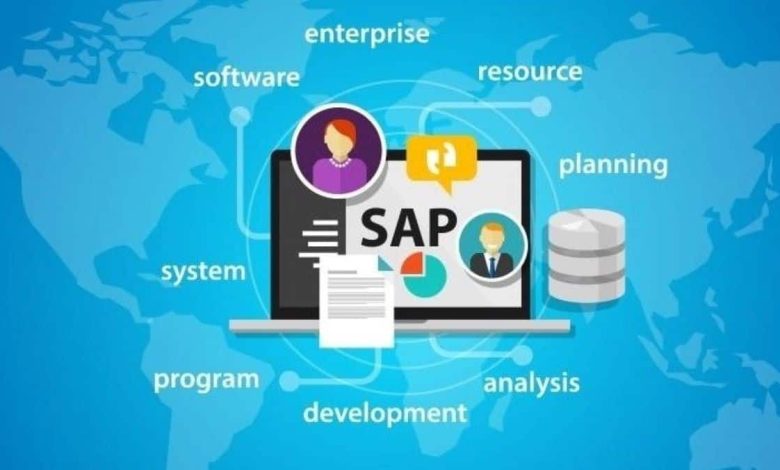Benefits of Using an ERP system

The main purpose of enterprise resource planning or ERP is to simplify and automate the operations of a business. The goal of an ERP system is to optimize these processes, interlink the various aspects of the business, and free up employees to take care of other tasks that require human involvement.
With an ERP system, business operations such as manufacturing, accounting, procurement, and supply chain can run smoothly using one centralized database.
There are various benefits that come with investing in a proper business ERP solution. These include:
Cost-saving
Successful businesses apply lean manufacturing principles to improve their production. These principles advocate working with less equipment, time, and human resources while still increasing production.
One of the main benefits of investing in business ERP software is the overall reduction of operational costs. This happens when each activity, be it invoice allocation, accounting, procurement, report drafting, etc., is done by an Enterprise Resource Planning system.
Data Reliability
In any business, data is used to show progress and offer real-time solutions. Business ERP softwareensures that data can be easily accessed regardless of your location or device through a centralized data storage system.
Its ability to update instantaneously saves you time while also reducing possible errors. Another advantage of storing data in a centralized location is it allows for more collaboration and ensures that tasks are completed smoothly. Both on-premises and cloud-based ERP systems offer additional safety features, which ensure data is backed up and well protected from hackers. Notably, hiring the right professionals, such as a data security expert, to install a working and safe system that users can rely on is vital to avoid short-term data losses.
Customer Service
Providing quality customer service increases the chances of generating a loyal following of repeat customers. Investing in a high-end ERP system improves customer service in many ways. These include proper indexing of customer information, maintaining customer interactions, fast delivery, accuracy, and quick responses to customers.
Customer relationship management is also improved through contact center software and marketing automation. The covid pandemic forced people to embrace online shopping, and currently, 62% of US consumers prefer shopping online. Because of this, modern ERP systems now allow for online integration, so your organization does not need to worry about online customer interactions.
Better Supply Chain Management
An ERP system is useful for organizations that deal with physical commodities. It improves SCM in many ways from process automation and order management to production flow from production to the consumer. What’s more, a business ERP solution such as a procurement and inventory management system comes with customizable software. A well-thought-out SCM makes time for innovation and reduces operations, giving room for new product ideas in the industry. This keeps an organization on par with its competitors. An ERP system is also designed to put a company on the industry’s map by giving detailed feedback on everything. Lastly, it also enhances transparency which improves output.



